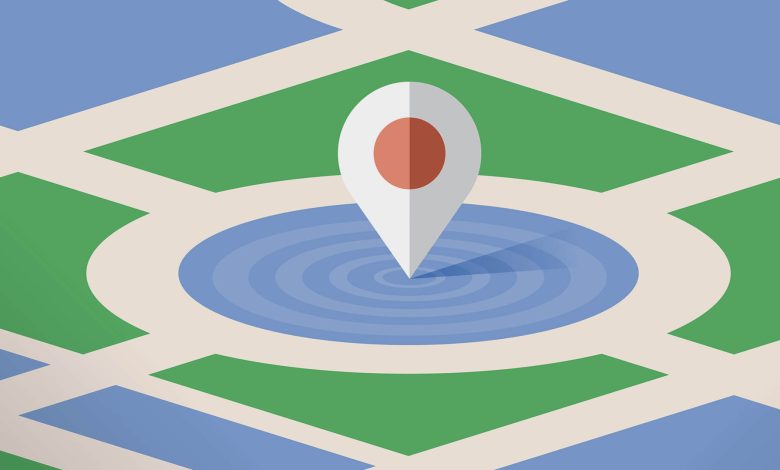
When it comes to marketing your local business online, search is a great place to start. Over the years, I’ve had the pleasure of working with numerous small to mid-size local businesses, helping them expand their reach and revenue using SEO.
One of the biggest hurdles we face when working with local clients is their previous experiences with so-called “experts” who failed to deliver results. This has led many local businesses to believe SEO is ineffective or a scam.
My goal is to share a few local SEO tips that actually work—and how you can start using them today to grow your business’s online reach.
### Why Local SEO?
Before diving into the tips, it’s important to understand why investing in local SEO is crucial. People consistently use search engines to find local businesses to patronize. This is supported by research showing:
– Four in five consumers use search engines to find local information.
– Fifty percent of smartphone users who conduct a local search visit a store within a day, and 34 percent do so when searching on a computer or tablet.
– Local searches lead to more purchases than non-local searches, with 18 percent of local searches on smartphones resulting in a purchase within a day compared to 7 percent of non-local searches.
What does this mean for your business? People are not only searching locally, but they’re also taking action. Building a strategy that promotes your business locally will not only drive website traffic—it will drive sales. Let’s explore some effective tips to help you rank better and convert more local searchers.
### 1. Locally Focused Content
In local SEO, the emphasis is often placed on citations, local directories, and maps. While these are important, creating high-quality localized content can give you a competitive edge.
Localized content refers to material based on your local area that educates readers about specific issues or desires they have. Local businesses can significantly benefit from sharing their mission and the passion behind their work.
Here’s what I recommend: Start a blog if you don’t have one and create content specific to your niche and town. Highlight why your community is unique and how your products or services align with its values. You started your business for a reason; share it and let your audience connect.
Be sure to incorporate location-specific terms in your content. For instance, if you’re a bakery in Palm Bay, Florida, discuss how your bakery serves the local community.
A great source of inspiration for local content is your customers. Interview them, share stories about your interactions; the possibilities are endless. Localized content forges a personal connection and serves your audience—plus, it encourages local sites to link to your content!
### 2. Maps, Directories & Citations
For local businesses, being present and optimized on services like Google Maps is crucial. If people can’t get directions to you, you’re missing out!
It’s surprising how many businesses haven’t claimed their map listings on platforms like Google My Business. Doing so is simple and increases your exposure, allowing you to control how your business appears on Google Maps.
Google My Business is just one of many directory sites for local companies. Aim to claim and update your business listing on as many relevant and legitimate directories as possible, ensuring the accuracy of your business information (name, address, and phone number) across the web.
Some of the major directories you should be on include Google, Yelp, Yahoo Business, Bing, MapQuest, Super Pages, Yellow Pages, and Facebook.
When claiming these listings, you might receive calls from bots or emails offering to grow your business for a fee—ignore them. Verify your listings, ensure the accuracy of your details, and optimize them with appropriate categories, social profiles, and a good description to get started.
For more robust management, consider services like Moz Local or Yext, which can help streamline the process and flag issues needing attention. While they won’t catch everything, they provide a solid starting point for monitoring and maintaining your listings.
### 3. Local Link Building
Link building is a critical factor in SEO, but not all links hold the same weight. While directory links are beneficial, they don’t equate to organic backlinks in value.
Effective local link building starts with thorough research. City-run sites are a great starting point, often containing “local directories” that just require an email to request inclusion.
Local clubs and outreach organizations are also excellent sources for backlinks. Joining entities like a Rotary Club or business group can provide quality backlinks, demonstrating your connection to the community, which benefits your SEO significantly.
The key is to link to, or obtain links from, sites you’d like to be associated with. Ensure these links make contextual sense and avoid paid linking. Link building is fundamentally about building relationships, which is crucial for local SEO and business success.
### Final Thoughts
These simple tips will help you rank better and drive more quality, localized leads to your business. Whether you’re a new local business looking to grow or have been burned in the past, creating quality local content, claiming your listings, and building relationships for backlinks can help you gain traction. So, what are you waiting for? Start growing your business!



